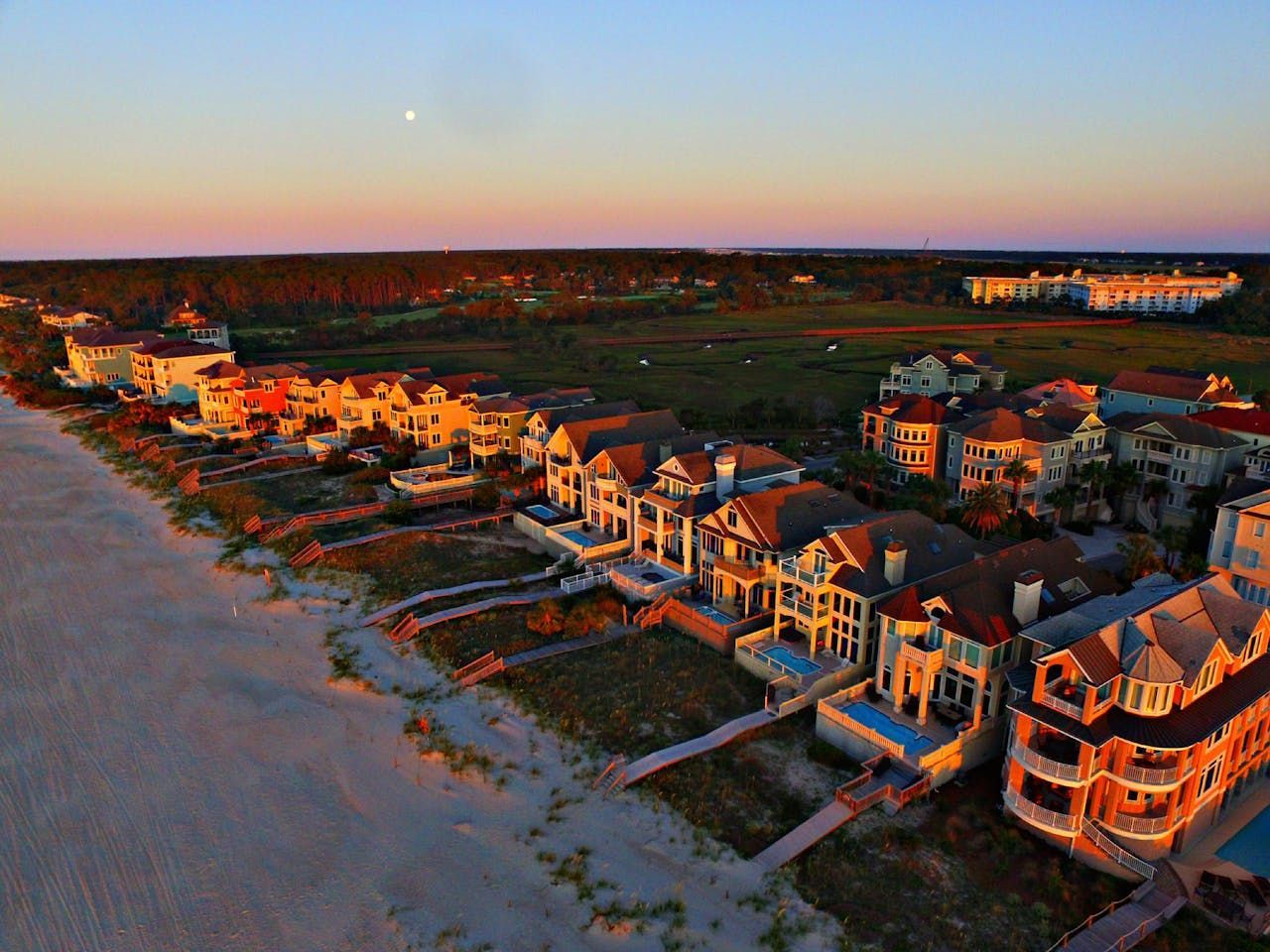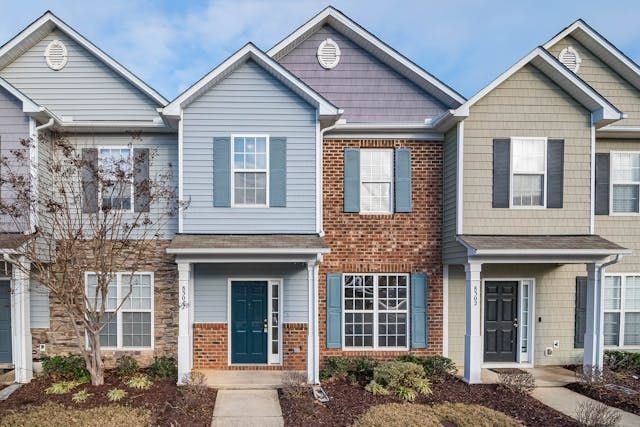Renting Respectfully: Landscaping
Plants give life to your space!
Which is why landscaping is important to most property owners. Well maintained yards, both front and back, affect the appearance of the home and add value as well. A well designed and installed landscape can also help to save energy by providing shade in the summer and windbreaks in the winter.
In addition to making your home look more attractive, landscaping can also help to reduce noise pollution, provide privacy, and increase property value.
Tenants usually have a few options when it comes to landscaping. The landlord can provide a landscaper and add the cost to rent or the tenant can provide their own landscaper or do the landscaping themselves. Sometimes, landlords will not only provide a landscaper, they’ll also cover the cost.
When it comes to landscaping, there are a few different things that you can do in order to make sure that your property looks its best. Landscaping can be as simple as mowing the lawn and trimming the hedges or it can be more complicated, such as adding flower beds, installing a patio, or building a deck.
No matter how simple or complex your landscaping needs are, it’s important to take the time to plan out your project before you get started. This will help to ensure that you stay within budget and that the end result is something that you’re happy with.
If you’re doing the landscaping yourself, be sure to take into account the cost of materials, as well as the time that it will take you to complete the project. It’s also important to consider the level of maintenance that will be required once the landscaping is finished. For example, if you plan on planting a garden, you’ll need to factor in the cost of seeds, soil, and watering.
If you hire a landscaper, be sure to get quotes from multiple companies before making a decision. Be sure to ask for references and to see examples of their work. Once you’ve chosen a landscaper, be sure to get everything in writing, including a schedule of payments and a detailed plan of what will be done.
By taking the time to plan ahead, you can ensure that your landscaping project is a success.
If you’re a tenant who does their own landscaping, or pays for landscaping services, here are a few tips to keep your yards healthy and clean -
- Keep it simple and low maintenance. Using eco-friendly landscaping will help conserve the environment and will help provide a beautiful yard.
- Plant local or native shrubs. They’ll help preserve biodiversity and also helps save money in the long run.
- Keep the theme neutral, not too personalized. This will keep you and the landlord happy since it’ll be easier to maintain.
- Set a section of the lawn for pets’ needs. You can do this by marking the area using a few pieces of timber or fencing it.
- Know what local ordinances allow and require. There may be restrictions on the amount of area you can hardscape.
- Keep shade in mind. Read plant labels to see how much sunlight they require.
- Avoid overdeveloping your yard. Focus on quality not quantity.
Everyone enjoys a nice, clean, maintained yard, especially during spring and summer, when we’re outside BBQing or simply reading a book in the sunshine. Your yard care will show your landlord that you truly do care about the property and will help build a healthy relationship. For more tips, feel free to reach out to us. We would love to help you in any way we can!
Thank you for reading! We hope that this has been helpful.








